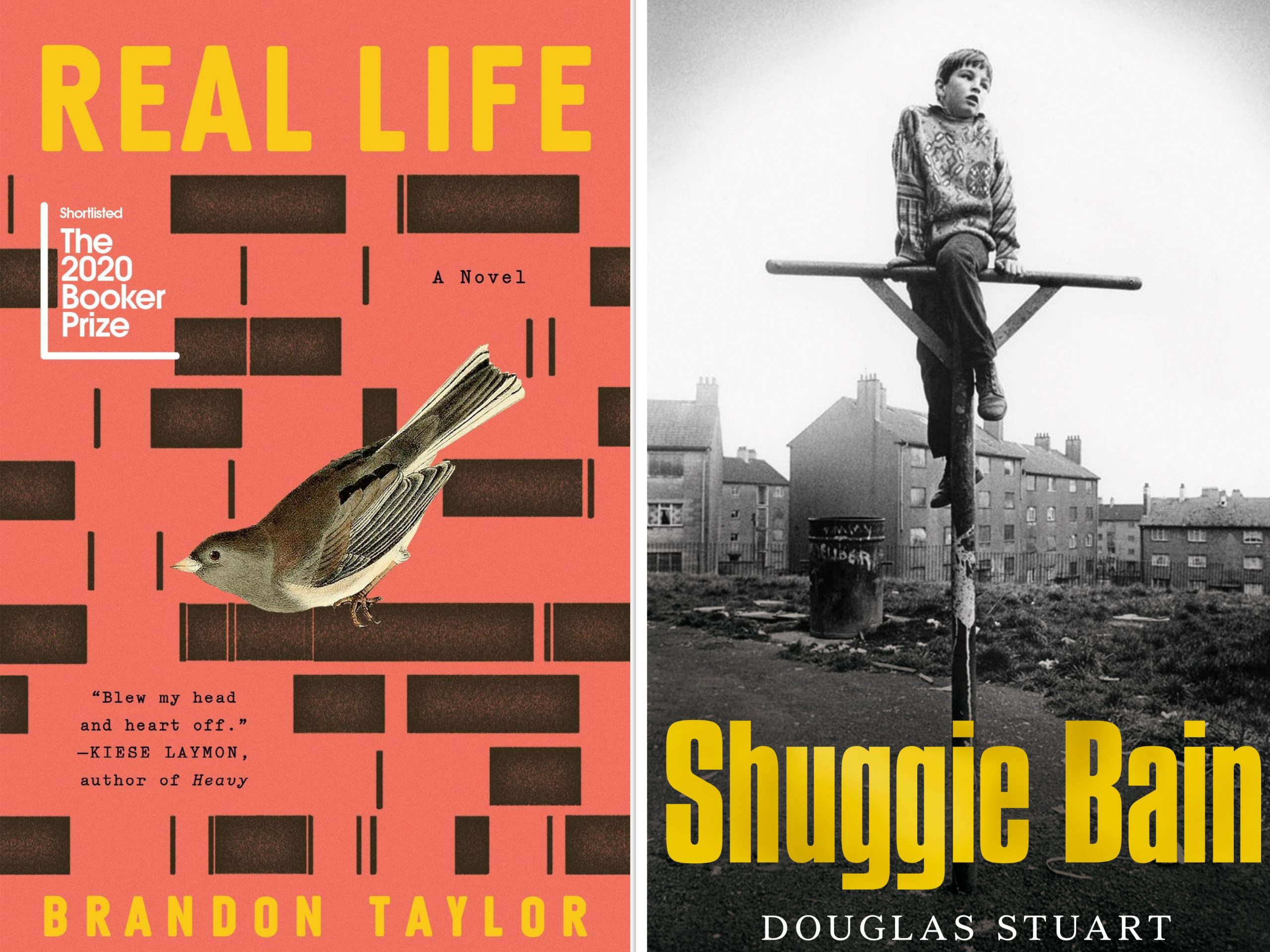The Booker Prize is one of literature’s most prestigious awards, and when the latest winner was announced on November 19, it was… the one about a tragic queer who gets assaulted by a guy who’s supposed to love him. No, not Real Life. The other one. Shuggie Bain.
What an inexhaustible tradition those books will join! Our culture loves to praise stories where gay men beat the shit out of the same men they’re fucking. Remember the part in the Pulitzer Prize-winning Angels in America where Joe assaults Louis? Or how about when Jack and Ennis beat each other up in the Oscar-winning Brokeback Mountain, because it just wouldn’t be manly to get right down to the kissing part? Or how about when the exact same scenario plays out in God’s Own Country, which won a major prize at the Sundance Film Festival?
Let’s not forget the one episode in the Emmy-nominated Ramy that revolves around a gay character. We watch him wander through his life lonely and sad, and then, when one man actually shows him some physical affection, the sad queer punches him in the face. That’s similar to a moment in Brandon Taylor’s novel Real Life, one of this year’s Booker nominees, when the lead character gets sexually assaulted by the guy he’s been secretly romancing. Because the other guy just can’t handle his sexuality and self-hatred, see? So he acts out violently toward the man who asks him to be vulnerable.
The story’s a little different in Douglas Stuart’s Shuggie Bain, this year’s winner. In that novel, about a young Scottish kid raised in hopeless poverty by his alcoholic mother, our hero gets assaulted or used by literally every man who takes a sexual interest in him. From the neighbor who rapes him to the cab driver who tries to fondle him to the johns he services as an underage prostitute, the novel never misses a moment to equate gay desire with suffering and exploitation.
And sure, these are reductive summaries of complex and often impressive works of art. Joe and Louis’s fight isn’t only about their love affair and their mutual self-loathing. It’s also about their political beliefs and the general horror of the AIDS epidemic. The assault in Real Life is also animated by America’s legacy of racism and classism, and Shuggie Bain treats all of its characters, queer or not, like grotesque clowns parading through their endlessly pitiful lives.
Plus, it’s obviously true that some gay men do respond with violence after they act upon desires that the culture has taught them are evil. It’s not like artists just made up that scenario. (Far from it.)
Still, we have to look skeptically at the endless praise that gets heaped on these stories. There are just so many of them, and they’ve been so dominant for so long that when an Emmy-winning TV series like Schitt’s Creek or a novel like the Pulitzer Prize-winning Less depicts gay men who don’t viciously hate themselves, they feel like dazzling exceptions. No matter how excellent they are, it’s hard to feel like we’re winning much of anything when these violent stories pass the torch of approval to each other.
Because it’s hard to ignore that stories of sad, violent queers are actually pretty complimentary of straight people. Either directly or indirectly, they reinforce how powerful straight culture is, how endlessly dominant it was and remains. As they feel sorry—truly sorry!—for bloody-lipped cowboys, straight audiences are encouraged to reflect on their own influence. They’re encouraged to be benevolent toward the outsiders whose lives they control. And gay audiences, meanwhile, are encouraged to believe they can’t escape the yoke of heterosexual conditioning that teaches us to berate one another for not being straight enough.
It would be naive to think these stories will stop being relevant any time soon, but what if we chose to put more energy into celebrating other queer narratives? What if we were more interested in celebrating stories where no one’s fleeing from the straight demon? Where the gay men can just kiss each other without needing to punish each other for it later? What if the Oscars only went to Call Me By Your Name and the Tonys only went to Love! Valour! Compassion!? Or even better, what if we made more room for queer stories where queerness itself isn’t the point at all? Where gay characters just go about their nuanced, complicated lives?
Those stories are out there, and more of them will continue being told, with or without prizes. But what if we gave them awards anyway? What if they became the standard bearer for the gay stories we celebrate, while the tales of sad, violent queers stopped taking up so much room?
The Gay Goods is dedicated to engaging with a range of opinions and viewpoints. To share yours, email [email protected].





1 comment
Thanks Clayton for a great article! Add Billy Budd to your list and we have a self-loathing queer protagonist that takes us all the way back to the mid-19th C. It is a long tradition indeed.